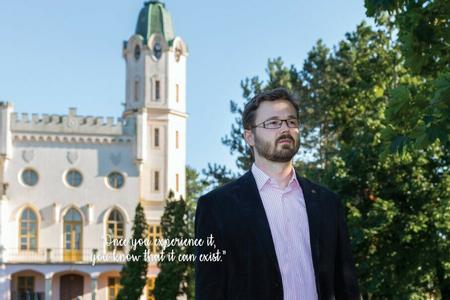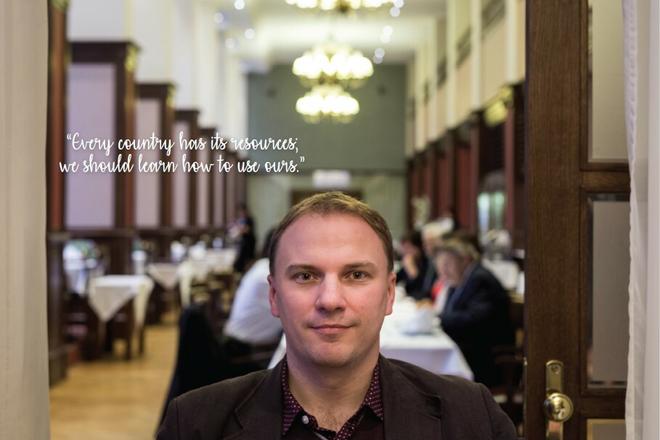Why would you return to Slovakia?
This statement represents a popular misperception in our country. Sometimes, people do not appreciate Slovakia’s tremendous progress enough. This may be culturally determined by our communist past.
International language skills enable you to do more

As the domestic labour market gets tougher, employers get more selective. You no longer stand out with just a university degree. How does one boost their chances? One option is to go abroad and get some new skills.
There is evidence that the Slovak diaspora helps to facilitate international trade
Through contact with Slovaks abroad, the international community learns more about Slovakia. It raises the profile of the country as a cost-effective investment destination and trading partner.
But return is a big decision
There are many costs, including reintegration into the bureaucratic system. It may seem trivial on paper, but it requires a lot of knowledge to navigate. This can be very stressful.
Administrative capacity is very low

These institutions are designed for those born and living in Slovakia. Internationalized Slovaks are typically much more complex cases.
Salaries may decrease, but purchasing power also increases
In the end, it’s about disposable income. You may earn less at home, but you also pay less for services then you would in Germany or the UK.
Outside, I was just another immigrant
It’s not always about the money, but also about how you are treated. At home, it is easier to get into certain circles. Doors may open that would have otherwise remained closed to a foreigner abroad.
Some people want to help Slovak society move forward, other people like the challenge of it
The marginal product of your effort can be much greater at home. Bringing irrigation to Oklahoma may not change much. Bringing irrigation to a less developed region can improve the lives of thousands. The same goes for experience from Harvard.
One enlightened individual can change many things
But where do you want to create that change? In general, people aspire to make a contribution to the society they feel most attached to.
‘Nie si doma prorok’ (‘At home you are not a prophet’)
I want to help my country. I find it rewarding to share my foreign expertise with the local people. But one should never be driven by a ‘savior complex’. Nobody wants a savior. Your primary (or inner) motivation should be to help, and not necessarily to be appreciated.
If you don’t like how things are, strive to establish something different
You can come back and try to change things in the institution. Or help to establish an alternative. This is how CELSI, our think tank, was born.
Highly skilled individuals can go and live anywhere in the world
They are not constrained by geographic location, or domestic opportunities. They are connected to global networks. But I am inspired to make change where I can have the biggest impact.
Every country has its resources; we should learn how to use ours
This testimony was originally published in Zuzana Palovic’s book, The Great Return. You can learn more about the book as well as Palovic’s own journey as a Slovak migrant that later returned to Slovakia at http://thegreatreturn.eu/.


 Martin Kahanec (source: Zuzana Burdanova)
Martin Kahanec (source: Zuzana Burdanova)